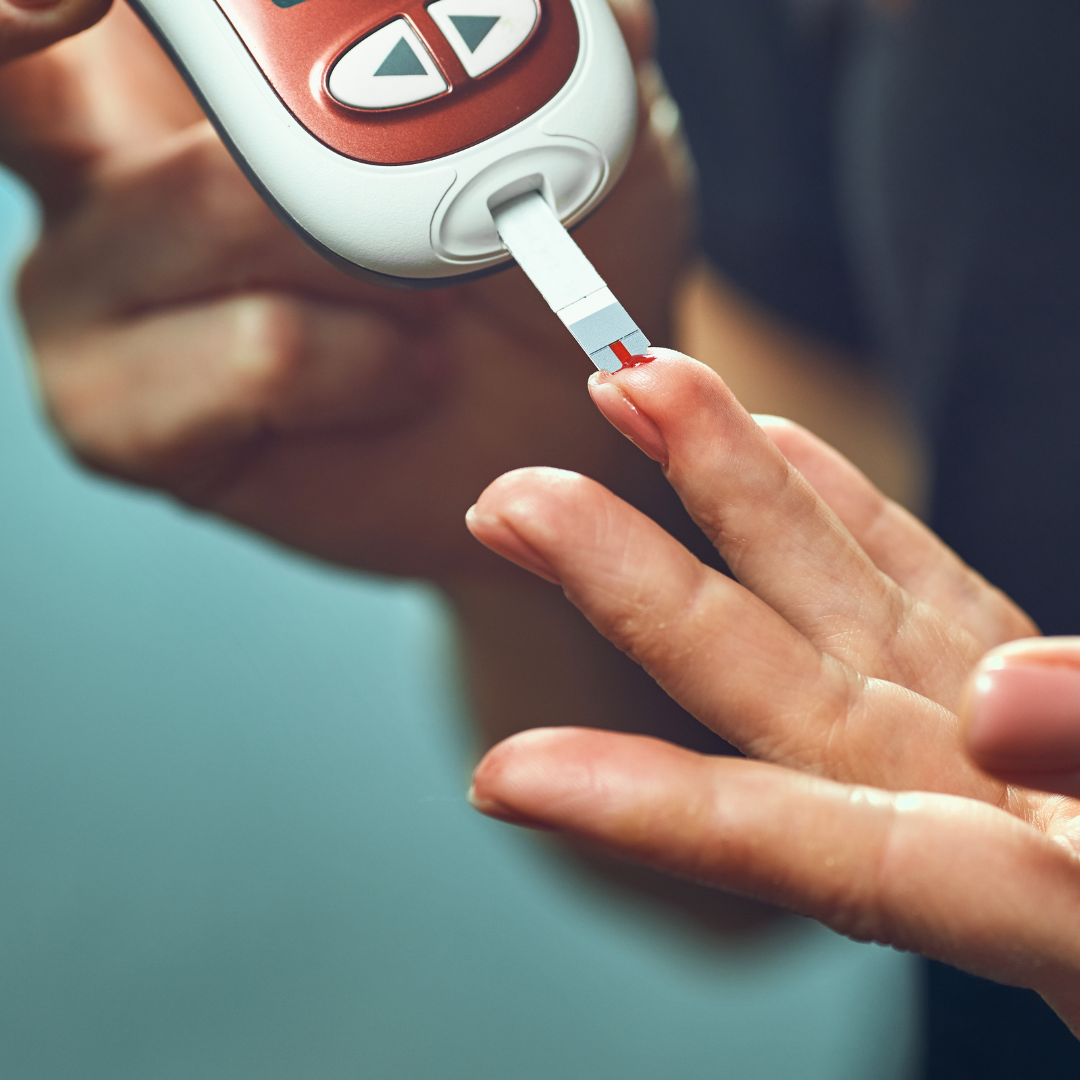- Blog
- Selling A Medical Device in Europe? You'll Need a CE Mark
Selling A Medical Device in Europe? You'll Need a CE Mark
You must have a CE Marking of conformity to sell medical device throughout the European Union.
Medical and in vitro diagnostic device manufacturers that want to sell their products in the European Economic Area must follow regulatory regulations to ensure their products meet quality and safety standards.
Understanding medical device legislation such as EU MDR 2017/745 and ISO 13485:2016 is crucial for the success of life science organizations, as failure to comply with these regulations may result in cessation of manufacturing operations.
What is CE Marking?
So, what exactly is CE Marking? It serves as certification that a product meets the essential requirements outlined in relevant European legislation. With a CE Mark, manufacturers gain immediate access to all EU and EEA markets, as well as other international markets where CE Marking is recognized. This certification is applicable to various product categories, including medical devices, active implantable medical devices, and in vitro diagnostic medical devices.
What does ‘CE’ mean?
The abbreviation 'CE' stands for 'Conformité Européene,' translating to 'European Conformity.' The official, correct term is ‘CE Marking’ and this is what is used in the various product directives.
What does CE Marking mean?
CE Marking signifies that a manufacturer's product complies with the essential health, safety, and environmental requirements specified in relevant product directives. Having a CE Mark comes with many benefits, such as:
- It enables free movement of the product within the European Free Trade Association (EFTA) and the European Union (EU), and failure to conform may lead to seizure of non-compliant goods by customs and enforcement authorities.
- CE Marking demonstrates compliance with legal requirements.
- Facilitates commercialization across all 30 countries in the European Economic Area.
- Demonstrates your device meets safety and quality standards.
- Enhances credibility in the eyes of patients and customers.
- Signifies implementation of a Quality Management System (QMS) with maintained documentation quality.
What products need CE Marking?
Determining whether a product requires CE Marking can be complex, involving considerations such as the intended markets within the European Economic Area (EEA) or the European Free Trade Association (EFTA), and potential markets like Turkey, which has adopted several CE Marking Directives despite not being an EU or EEA member.
CE marking holds paramount importance within the medical industry as it enables seamless circulation and sale of medical devices across the European Economic Area (EEA). For medical products to gain access to the European market, obtaining CE marking is mandatory, underscoring its critical role in regulatory compliance and meeting the stringent quality and safety standards set forth by EU directives. This standardized marking not only ensures adherence to regulatory requirements but also instils confidence in healthcare professionals and patients regarding product safety and efficacy.
BioTouch is ready to support medical device manufacturers in navigating the complex process of obtaining CE marking, ensuring compliance with EU regulations and facilitating access to the European market.
